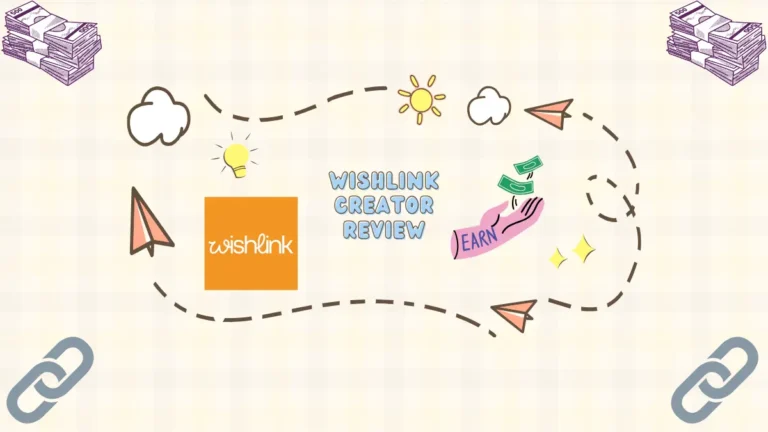Indeed every brand needs to have a unique growth strategy to outshine its peers. That said, a few strategies are adopted by all the brands irrespective of their size, industry, target audience, etc. Among such common strategies, providing a personalized user experience is probably at the top of the list.
Customized and personalized user experience aims at providing customers with an experience that matches their interests & requirements. The experts from Viafoura will share how a personalized user experience can help your brand grow with you in this article.
What Is A Personalized User Experience?
The concept of providing a personalized user experience revolves around one central idea, i.e., displaying the most relevant product or service recommendations on a particular user’s screen.
This induces a feeling among your customers that your brand personally cares about their likes, dislikes, and preferences.
Brands individualize the products or services to exactly meet the exclusive characteristics that the user seeks; this entire cumulative process is called providing a personalized user experience.
Why Is Personalization Important?
Customers in this digital world demand that sellers highly tailor their products or services to meet their needs and requirements. People will seldom purchase products or services that fail to give them a reason to do so.
Various studies suggest that:
- Over 74% of users are highly unsatisfied because the content on the websites is not personalized.
- Marketers who serve personalized experience tend to increase their sales by more than 19%.
- More than 80% of customers are convinced to buy the product with a personalized homepage, whereas more than 92% of online purchasers tend to buy with a personalized shopping cart.
- More than 50% of the companies use the personalization method to keep their customers satisfied and connected.
Here are four reasons why personalization is important:
Predicts The Needs
Personalized experience predicts users’ needs and recommends what they crave without even having to search for their preferred products or services. In short, personalization enables the users to find the products they love and are most likely to purchase.
Brands employ predictive product recommendation techniques on their websites, mail campaigns, and targeted ad campaigns to determine what product, content, or service a user is looking for.
Boost Sales
Once your customers see how well you know them, they feel a desire to purchase your products or services repeatedly. This will make your sales curve a vertical line. And increased sales directly result in enhanced revenue, i.e., a way for your brand to grow further.
The advanced machine learning (ML) based artificial intelligence (AI) facilitates a deeply customized merchandising assortment that brings out the most relevant and highly personalized result for a user. It ultimately offers a unique and highly personalized experience which often results in a purchase.
Helps In Creating A Loyal Customer Base
Personalization is all about individually engaging with your customers. It creates a sense that the brand is trying to understand the personal expectations and needs of the customers with regards to its products or services.
There’s the involvement of foundational emotions, personalization projects, trust, commitment, and reciprocity. These all lead to a robust brand-customer relationship, inducing the customers to make repeated purchases. And a customer making repeated purchases implies a happy customer, and a happy customer is a loyal one!
Better Understanding Of Customers
Personalization enables brands to sort their customers into personalized funnels to better lead qualification and increase conversion rates.
Long story short, personalization provides essential data that enables the brands to determine what product or service they should offer to a specific customer. Studies also indicate that 15% of a brand’s customers account for more than 55% of its sales. Therefore, personalization is the only way for a brand to generate more sales by displaying the right product at the right time to the right customer.
Difference Between Customization & Personalization
People may often confuse personalization with customization. Both are entirely different concepts with a domain of their own.
Customization is when users have to choose what they want to do with the options–select or go past them. On the other hand, personalization is when the user’s data & technology are handled individually to customize the user’s experience in real-time.
That said, the ultimate aim of customization & personalization is more or less the same, which is to enable the users to find the most preferred products, content, or services. What’s different is their methods of serving user experience.
Methods To Personalize User Experience
Having talked about the importance of a personalized user experience, it’s time we chalk out the best practices to achieve UX personalization.
E-commerce Apps
E-commerce apps like Amazon have paved the way for businesses to give top-notch personalized experiences. When users log in to your app, they should come across products they’ve been searching for recently, along with recommendations in the same niche. Not just that, a user should also be able to browse through the entire niche of a particular product they searched for in the past.
Social Media Apps
Social media apps are tools for most brands who capitalize on them to reach their potential customers. With the help of targeted ads on platforms like Facebook and Instagram, you can display your crafty sponsored ad posts to users who’ve recently explored your platform to find a product or service.
Personalized Email Marketing
Studies indicate that personalized emails substantially increase your chances of grabbing the reader’s attention. It also improves the probability of the reader opening and reading your mail.
Did you know that the conversion rate with personalized email marketing is almost 29% higher than regular emails?
Personalized Discounts & Offers
Customers tend to react to customized discounts and offer quickly. In fact, most consumers expect discounts when they’re shopping. According to a study, 62% of customers expect a tailored discount or offer depending upon their past purchases. And, more than 57% are convinced to exchange their personal information in trade for a discount.
Endnote
Personalization means happy customers; therefore, brands must offer their customers a personalized experience, especially when they expect their users to spend their valuable time and money on their products.
Besides, brands that don’t provide a personalized experience tend to lose a large chunk of their audience to competitors selling personalized experiences. Personalization is no longer a luxury but a mandatory marketing strategy to keep your customers satisfied and loyal.



